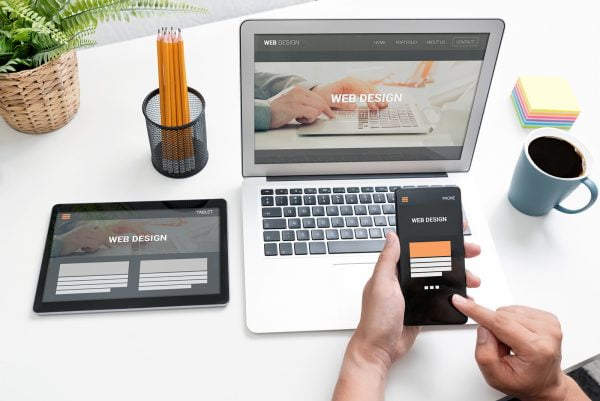WordPress is one of the most popular content management systems (CMS) available today. Its user-friendly interface, powerful functionality, and extensive customization options make it the go-to choice for millions of website owners worldwide. However, with popularity comes vulnerability. WordPress websites are often targeted by hackers and other malicious actors, making it crucial to secure your WordPress website. In this blog post, we’ll explore why securing your WordPress website is so important for running a successful WordPress website.
Protecting Your Data
One of the most important reasons to secure your WordPress website is to protect your data. WordPress websites often contain sensitive information such as personal data, financial information, and confidential business data. If a hacker gains access to this information, it can be disastrous for both you and your website visitors. They may use this information to commit fraud or identity theft, or sell it on the dark web to other malicious actors.
Maintaining Your Reputation
A hacked WordPress website can be disastrous for your business or personal reputation. If your website is compromised, it may be defaced, redirected to malicious sites, or used to spread malware to your visitors. This can lead to a loss of trust and credibility among your audience, potentially resulting in a loss of business or opportunities.
Avoiding Downtime
Another important reason to secure your WordPress website is to avoid downtime. A hacked website can be taken down or made unavailable, leaving your visitors unable to access your content or services. This can be especially damaging if your website is critical to your business operations, as it can result in lost revenue and productivity.
Improving Performance
A well-secured WordPress website can also improve your website’s performance. Malicious code or malware can slow down your website, causing it to load slowly or crash altogether. This can lead to a poor user experience, resulting in lower engagement and conversions. By implementing security measures, you can ensure that your website is running smoothly and efficiently, providing a better experience for your visitors.
Key Ways to Secure Your WordPress Website
So, how can you secure your WordPress website? There are several steps you can take:
- Keep your WordPress core, plugins, and themes up to date. WordPress releases security patches regularly, and updating your website ensures that you have the latest security features.
- Use strong passwords for your website, FTP, and database.
- Use security plugins, such as iThemes Security, to protect your website against attacks.
- Use SSL encryption to secure your website traffic.
- Disable file editing in the WordPress dashboard.
- Limit login attempts to prevent brute-force attacks.
- Backup your website regularly.
Conclusion
Securing your WordPress website is crucial to protect your data, maintain your reputation, avoid downtime, and improve performance. By implementing security measures, you can protect your website from malicious attacks and provide a better experience for your visitors. Remember to keep your WordPress core, plugins, and themes up to date, use strong passwords, and use security plugins and SSL encryption. Consider teaming up with a managed hosting provider who might also be able to deploy additional security measures for you. With a little effort, you can secure your WordPress website and enjoy the benefits of a safe and reliable online presence.



